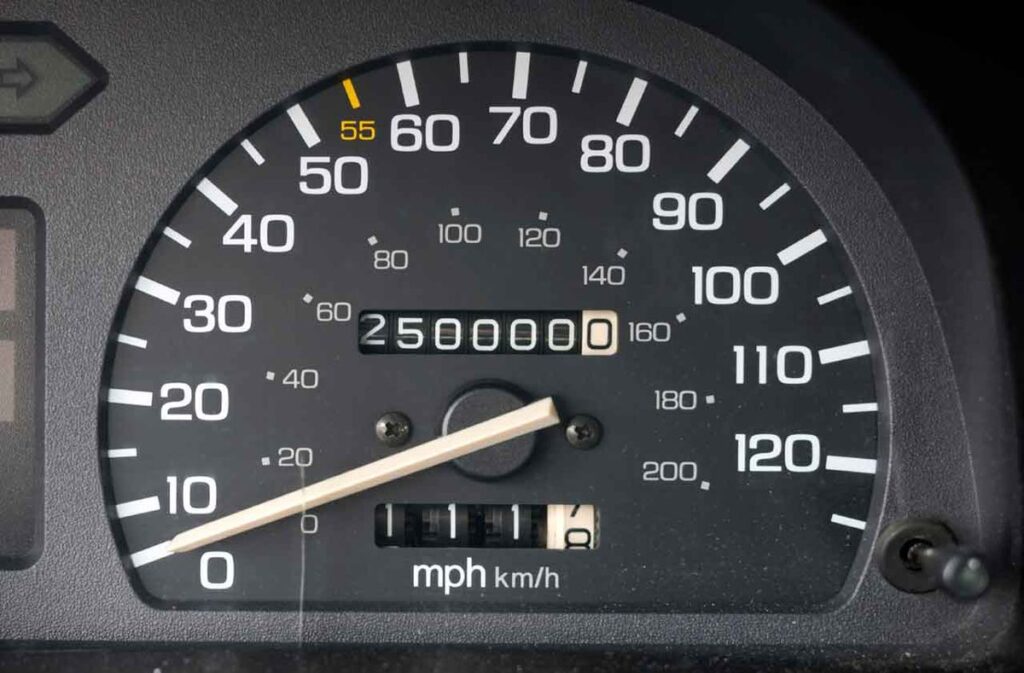The dream of owning a car that lasts forever is alluring. While no vehicle can truly defy the passage of time, modern cars are engineered with advanced materials and technology designed for exceptional durability. With proper care and maintenance, it’s entirely possible to significantly extend your car’s lifespan, potentially reaching 200,000 miles or even beyond. This article will delve into the key factors that contribute to a car’s longevity, providing practical tips and insights to help you maximize your vehicle’s lifespan.
This comprehensive guide will explore essential aspects of car maintenance, driving habits, and advanced technology that influence a car’s durability. We’ll also discuss the importance of regular servicing and how to identify signs that your car might require repairs. By following these guidelines, you can significantly increase the chances of your car enjoying a long and healthy life on the road.
Car Maintenance for Longevity
Regular maintenance is the cornerstone of a car’s longevity. Just like any complex machine, cars require periodic checks and servicing to ensure all components are functioning optimally.
Essential Maintenance Tasks
- Oil Changes: Regular oil changes are crucial for lubricating engine parts and preventing wear and tear. Consult your owner’s manual for recommended oil change intervals.
- Fluid Top-Ups: Regularly check and top up essential fluids like coolant, brake fluid, transmission fluid, and power steering fluid. These fluids play vital roles in keeping your car running smoothly.
- Filter Replacements: Air filters, cabin air filters, and fuel filters need to be replaced periodically to maintain optimal performance and prevent engine damage.
Addressing Minor Issues Promptly
Don’t ignore warning lights or unusual noises coming from your car. Address minor issues promptly to prevent them from escalating into major problems that could significantly shorten your car’s lifespan.
Driving Habits for Increased Lifespan
Your driving habits have a profound impact on your car’s longevity. Aggressive driving, such as rapid acceleration and hard braking, puts excessive strain on engine components and other systems.
Smooth Acceleration and Braking
Practice smooth acceleration and braking to minimize wear and tear on your brakes, transmission, and engine. Anticipate traffic flow and coast whenever possible to reduce fuel consumption and stress on your vehicle.
Avoid Idling for Extended Periods
Prolonged idling can lead to increased emissions and unnecessary wear on engine components. Turn off your engine when parked for more than a few minutes.
Importance of Regular Servicing
Scheduled servicing is essential for maintaining your car’s health and extending its lifespan. During regular service appointments, qualified technicians will inspect various components, perform necessary maintenance tasks, and address any potential issues before they become major problems.
Following Manufacturer Recommendations
Adhere to the recommended service intervals outlined in your owner’s manual. These intervals are based on factors such as mileage, driving conditions, and vehicle type.
Advanced Vehicle Technology and Durability
Modern vehicles incorporate advanced technologies designed to enhance durability and longevity.
Corrosion-Resistant Materials
Manufacturers utilize corrosion-resistant materials like galvanized steel and aluminum to protect critical components from rust and deterioration.
Engine Design Advancements
Engine designs have evolved significantly, incorporating features such as variable valve timing and direct fuel injection to improve efficiency and reduce wear on engine parts.
Signs Your Car Needs Repair
While regular maintenance can help prevent major issues, it’s important to be aware of signs that your car might need repair.
Warning Lights
Pay attention to any warning lights illuminated on your dashboard. These lights indicate potential problems that require immediate attention.
Unusual Noises or Vibrations
Listen for any unusual noises coming from your engine, transmission, brakes, or suspension system. Vibrations during acceleration or braking can also signal a problem.
Conclusion
While can a car last forever is a question with no definitive answer, modern vehicles are built to withstand the test of time. By adhering to a comprehensive maintenance schedule, adopting safe driving habits, and staying informed about your vehicle’s needs, you can significantly increase its lifespan and enjoy many years of reliable performance. Remember, proactive care is key to ensuring your car remains a dependable companion on the road for years to come.



